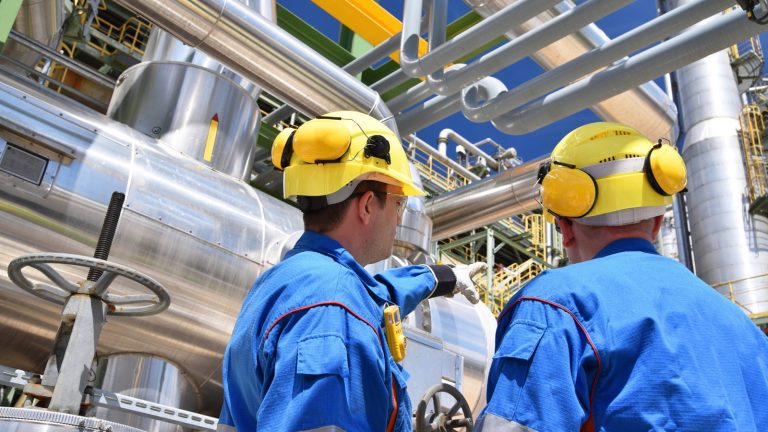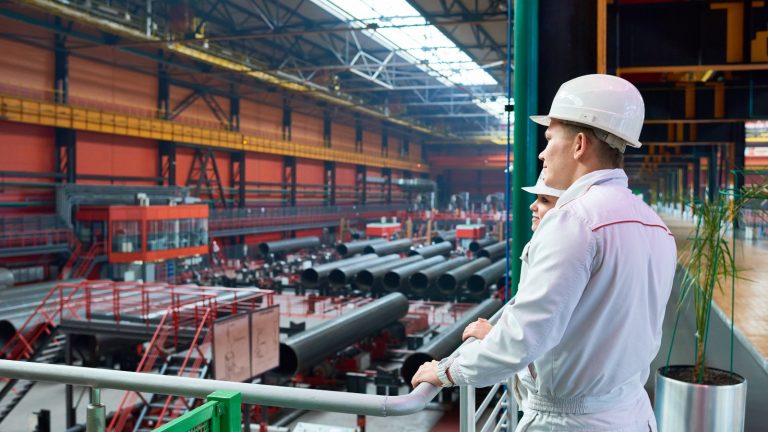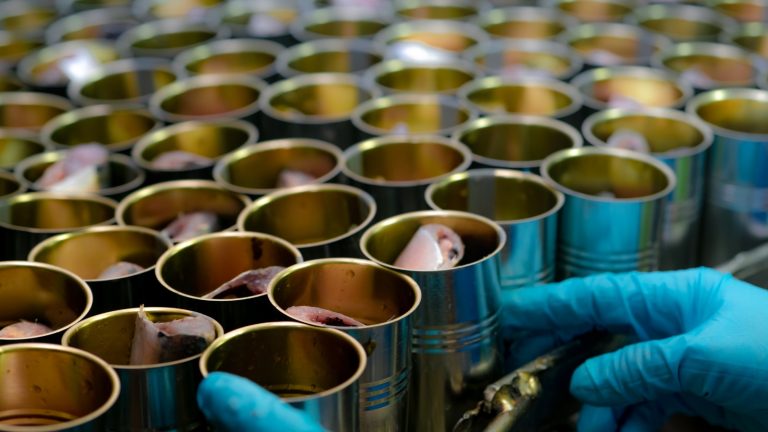After the COVID pandemic, the whole business world encountered an unlimited number of challenges. The manufacturing domain is not an exception in that sense. When it comes to process manufacturing, these barriers include geopolitical tensions, uncertain markets, demand fluctuations, supply chain disruptions, etc. However, the process manufacturing domain is now moving forward in a digitalised landscape with new and evolving trends in the world. When every other industry can leverage the best of technology, why would process manufacturing stay away from it
In this article, we will look into the newest trends in the process manufacturing domain that revolutionise the entire workflow.
Exploring Process Manufacturing

Before that, we will understand what process manufacturing is. This is actually a method of production where you can see the raw materials are combined, transformed, or refined through a series of chemical or mechanical steps to create finished goods.
Why is it different from other manufacturing types? Well, for example, if you take discrete manufacturing, it involves the assembly of distinct parts. However, when it comes to process manufacturing, it deals with substances that cannot be easily separated or identified once mixed. That is the uniqueness of this type of manufacturing. In industries like food and beverage, pharmaceuticals, chemicals, and cosmetics, you will witness process manufacturing.
As this values consistency and quality in the final goods above all, process manufacturing mostly depends on batch processes, controlled conditions, and exact formulae.
However, after 2015, the latter started facing several challenges, including complex supply chain management, stringent regulatory compliance, and the need for precise quality control. There is no need to say that this includes maintaining efficient operations amidst fluctuating raw material costs and evolving consumer demands at the top of that list.
This is why the process manufacturing realm has decided to opt for some emerging trends to address these challenges by leveraging technologies, especially those dominated by Industry 4.0.
Top 5 Future Trends for Process Manufacturing

AI Dominating the Industry
This is the most talked-about trend in the manufacturing domain right now. AI technology is revolutionising process manufacturing by optimising operations, improving efficiency, and enhancing product quality.
One significant application of AI is analysing equipment data to forecast potential failures. This allows for proactive maintenance and minimises costly downtime.
AI-driven process optimisation utilises machine learning algorithms to continuously analyse vast amounts of data from sensors and production systems. It helps identify patterns and recommends adjustments to improve yield and energy efficiency.
On the other hand, quality control benefits from AI-enabled image recognition and sensor technologies as well. This encourages real-time inspection and defect detection to ensure product consistency and compliance with industry regulations.
It goes without saying that AI-powered supply chain management enhances everything from forecasting accuracy to inventory optimisation and demand planning while backing up manufacturers to respond swiftly to market changes.
As you can see, with the encouragement you receive from AI automation, the process manufacturing framework has been streamlined up to 200%.
High Value for Predictive Analytics
Prediction capacity is what process manufacturers value the most. This is exactly what predictive analytics does! This backs up proactive decision-making and optimising operations when it comes to the process manufacturing domain.
How can this be done? As this tool can analyse historical and real-time data from sensors, equipment, and production processes, predictive analytics forecasts potential issues such as equipment failures, quality deviations, or supply chain disruptions. This is like giving yourself a proactive arm to stay away from challenges. Do you know why? With this in use, manufacturers can implement preventive maintenance strategies, reducing unplanned downtime and minimising production losses.
Not limited to that, Predictive Analytics enhances product quality by identifying patterns and correlations in production data. The latter can proceed with the early detection of defects or deviations from desired specifications. This ensures that products meet regulatory standards and customer expectations.
Considering the capacity it offers process manufacturers, Predictive Analytics is a new trend on its way to revolutionise the whole industry, for sure!
IIoT Receiving Much Attention
Industrial Internet-of-Things, or in short, IIoT, has been utilised to power the connectivity of machines, sensors, and devices throughout the manufacturing environment and bring unification to the data received through them. It is unnecessary to mention that this allows for seamless communication and data exchange. This connectivity empowers manufacturers to monitor equipment performance, detect anomalies, and optimise processes in real time.
As we mentioned in the above section, predictive maintenance is backed up by the IIoT, as it uses sensor data to predict equipment failures before they occur. This, of course, reduces downtime and prevents costly repairs. On the other hand, IIoT-driven analytics offer valuable insights into production processes while giving you the opportunity to spot areas to be optimised and improved.
It is obvious that with IIoT, manufacturers can achieve higher levels of automation, precision, and control, all of which come under one dashboard. It eventually leads to increased productivity and product quality. Another thing is that the integration of IIoT with cloud computing and artificial intelligence further enhances its capabilities, empowering process manufacturers to achieve new levels of operational excellence in today’s competitive market.
AGV-Based Manufacturing Realm
Due to the barriers they encountered inside the warehouses and plants, AGV (Automated Guided Vehicle) robotics has emerged as a transformative trend in process manufacturing.
You can see that it significantly enhances plant efficiency and flexibility. These autonomous vehicles navigate manufacturing floors to transport materials and products, reducing reliance on manual labour and streamlining logistical operations. AGVs enhance productivity by maximising material flow and reducing time wasted, which increases output to another level.
The outstanding quality of them is that their ability to operate continuously without breaks or fatigue ensures uninterrupted production. Plus, AGVs adapt to changing production demands easily, effortlessly reconfiguring routes and tasks as needed. This means that AGVs can speed up the process according to your expectations, which is quite impressive.
How can we forget that AGV robotics contributes to workplace safety as well? Yes, they reduce the risk of accidents associated with manual material handling. The outcome is magnified efficiency!
Sustainability at the High Point
With the business world’s expansion over the past few years, one area that has developed is the enthusiasm for eco-friendliness, for sure. Sustainability has emerged as a central trend in the manufacturing process as well. This is mainly due to the growing environmental concerns and consumer demand for eco-friendly products around the world.
Manufacturers are heavily focusing on reducing their carbon footprint, minimising waste generation, and conserving natural resources throughout the production lifecycle due to this novel trend in the market.
Using cleaner manufacturing methods, switching to renewable energy sources, and making the most use of available resources are all part of this move towards sustainability. Also, manufacturers are emphasising the use of eco-friendly packaging and materials, as well as encouraging recycling and the circular economy.
This trend will surely expand as manufacturers understand that sustainable practices not only contribute to environmental preservation but also enhance brand reputation and customer loyalty in the end.
Cerexio Technologies to Revolutionise the Manufacturing Domain

Cerexio offers the pinnacle of Industry 4.0, encouraging new technologies for the manufacturing industry to streamline their workflows, gain efficiency, and ultimately maximise ROI and client satisfaction. With Cerexio capabilities, manufacturing processes receive digital wings for sure!
Walking Beyond Barriers with Tech-Driven Process Manufacturing

When you see the clear road to walk down your goal, it is in vain not to utilise it. This theory applies to technological tools too. However, the reliability of the technologies has to be checked before making any purchases.
